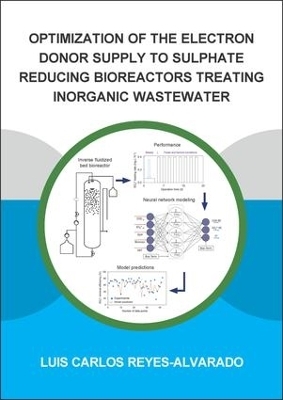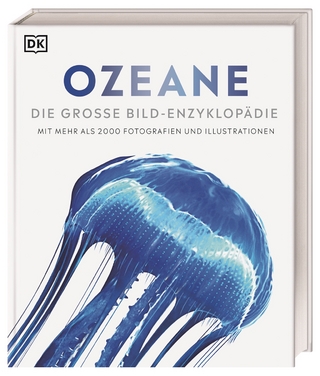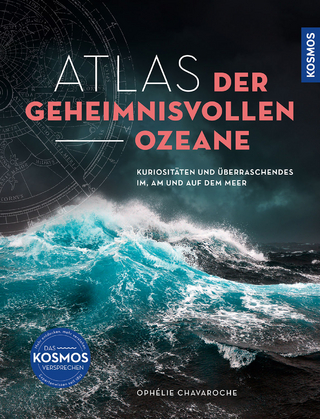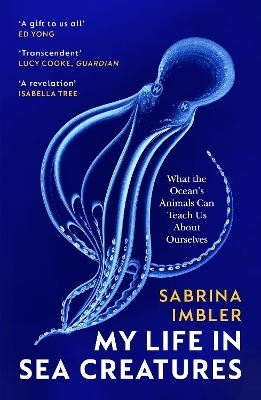
Optimization of the Electron Donor Supply to Sulphate Reducing Bioreactors Treating Inorganic Wastewater
CRC Press (Verlag)
978-1-138-34331-3 (ISBN)
Luis Carlos Reyes-Alvarado (born in Córdoba, Veracruz, Mexico) obtained his PhD in Environmental Technology. He joined the Universidad Veracruzana (Mexico) where he obtained the degree of Chemical Engineering and further a Master in Food Science and Technology, after which he received an ALFA grant within the SUPPORT (Sustainable Use of Photosynthesis Products & Optimum Resource Transformation) project at the TU Graz (Austria). Luis developed and defended his PhD thesis through the Erasmus Mundus Joint Doctorate Programme in Environmental Technologies for Contaminated Solids, Soils and Sediments (ETeCoS3) on December 16th, 2016. His research was focused on the optimization of electron donor supply to sulphate reducing bioreactors treating inorganic wastewater rich in sulphate and carried out at different institutions: the UNESCO-IHE (Delft, The Netherlands), the Universidad Veracruzana (Veracruz, Mexico), the INRA-Laboratoire de Biotechnologie de l’Environnement (Narbonne, France) and the University of Cassino and Southern Lazio (Cassino, Italy). Luis' main interest is understanding the engineering aspects of biological processes, resource recovery from waste and the development of eco-technologies for waste remediation.
1 Introduction
2 Literature review
3 Forecasting the effect of feast and famine conditions on biological sulphate reduction in an anaerobic inverse fluidized bed reactor using artificial neural networks
4 High rate biological sulphate reduction in a lactate fed inverse fluidized bed reactor at a hydraulic retention time of 3 h
5 Effect of the initial sulphate concentration on the start-up phase of the biological sulphate reduction in sequencing batch reactors
6 The effect of nitrogen and electron donor feast-famine conditions on biological sulphate reduction in inorganic wastewater treatment
7 The effect of feast and famine conditions on biological sulphate reduction in anaerobic sequencing batch reactors
8 Carbohydrate based polymeric materials as slow release electron donors for sulphate removal from wastewater
9 Lignocellulosic biowastes as carrier material and slow release electron donor for sulphidogenesis of wastewater in an inverse fluidized bed bioreactor
10 General discussion and perspectives
| Erscheinungsdatum | 19.09.2018 |
|---|---|
| Reihe/Serie | IHE Delft PhD Thesis Series |
| Verlagsort | London |
| Sprache | englisch |
| Maße | 170 x 240 mm |
| Gewicht | 480 g |
| Themenwelt | Naturwissenschaften ► Geowissenschaften ► Hydrologie / Ozeanografie |
| Technik ► Umwelttechnik / Biotechnologie | |
| ISBN-10 | 1-138-34331-5 / 1138343315 |
| ISBN-13 | 978-1-138-34331-3 / 9781138343313 |
| Zustand | Neuware |
| Haben Sie eine Frage zum Produkt? |
aus dem Bereich


